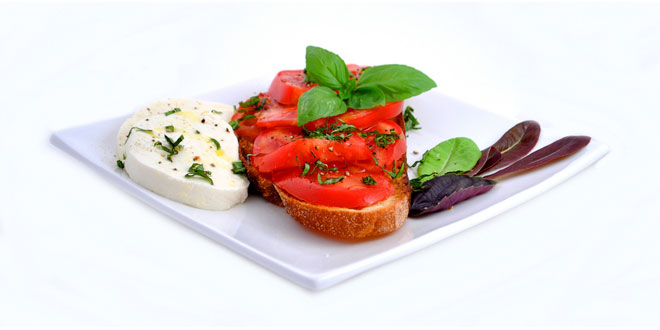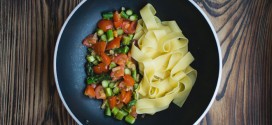The macronutrients.
With the previous article we started a series of contributions about the Mediterranean diet: we started talking about the life of Ancel Keys, the first who relates the type of alimentation in southern Italy with the low incidence of cardiovascular disease, and we continue talking about the operation principles of this food protocol.
First we define the macronutrients, which are carbohydrates, proteins and lipids, or those dietary nutrients that must be introduced into the body in large quantities.
The first, converted by the body into glucose, provide energy for all the functions of cells and tissues. The main sources of carbohydrates are cereals, starchy foods (bread, pasta), potatoes, fruit.
The latter have a structural function, because they are used for the construction of tissues and organs, such as the muscles: the intake of protein is so important for children, who have to “build” their own bodies, but also in adults for tissue regeneration and for the immune and hormonal system. The main sources of protein are meat, fish, milk, eggs, legumes.
Finally lipids serve as an energy reserve because they are used more slowly than carbohydrates, and are essential for cell membranes and for the absorption of some vitamins.
A matter of quality.
At the base of the Mediterranean diet there is a first indication on the quantitative distribution of macronutrients in the diet, which distributes the daily calories in 55-65% carbohydrates, 30% fat, and finally 15% protein.
However, the quantity is not enough, because of crucial importance is the quality evaluation of nutrients, we go below to explain.
- Carbohydrates.Bread, pasta and starchy foods should be derived from whole grain flours, which have not then undergone a refining process.For fruits and vegetables, at least five servings a day, you should always choose the fresh season, preferring raw preparations rather than cooked in order to avoid losing, during this process, key nutrients such as vitamins, minerals and antioxidants.
- Proteins.Would be preferred proteins of vegetable origin, or legumes, which should constitute 80% of the calories in this macronutrient, with the remaining 20% from fish or white meat.
- Fat.It is a fundamental class of nutrients that very often wrongly enjoys bad name in popular.As for fat, the Mediterranean diet must be based on extra virgin olive oil, whose basic molecules (free fatty acids) are the main constituents of cell membranes.
Furthermore, the extra virgin olive oil, due to its peculiar distribution of fatty acids (poor in saturated and rich in monounsaturated like omega 9) and for the presence of essential polyunsaturated fatty acids such as omega 3 and omega 6 and polyphenols represents, in correct quantities, therapeutic essential tool to prevent and treat cardiovascular disease and metabolic syndrome.
It is exactly to these principles that NatrixLab nutritionists were inspired to create nutritional protocols that can prevent and treat various pathological conditions.
 NatrixLab Laboratorio di analisi – nutrizionista
NatrixLab Laboratorio di analisi – nutrizionista





